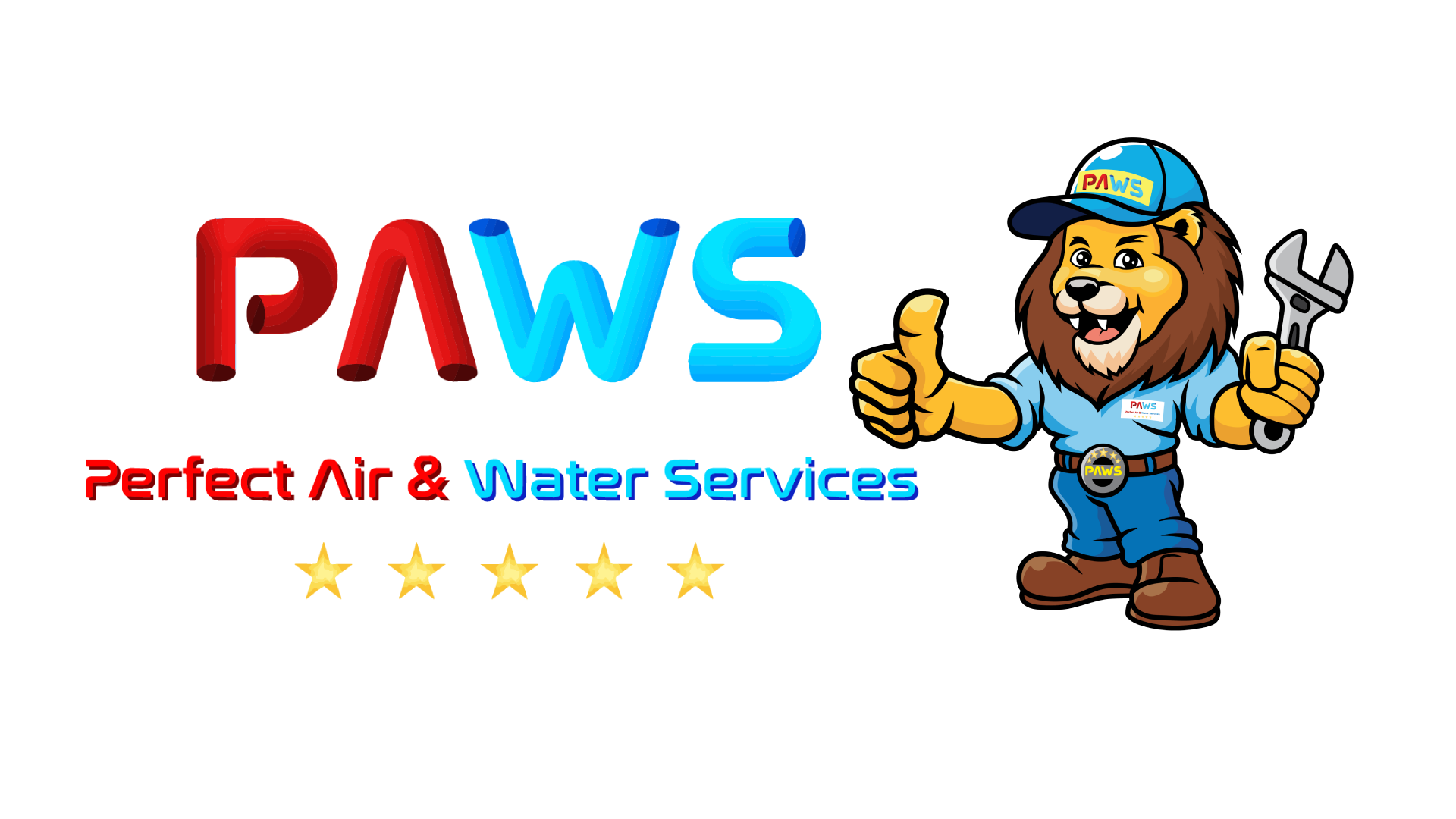Buying your first home is an exhilarating experience. You’re likely juggling a dozen things or more about making the right choice. We believe that gaining insight into your potential new HVAC system is vital. The property’s HVAC system represents a significant investment and potential source of long-term costs, which is why due diligence is important for first-time homebuyers.
In this guide, we’ll share seven tips for learning everything you can about a home’s heating and cooling system. And if you want a more in-depth opinion from the experts, feel free to call Perfect Air & Water Services. Our experienced team can share details about your options with industry insights that are second to none.
1. What HVAC System Are You Working With?
Start by clarifying what type of HVAC system the home features. Furnaces tend to last longer compared to air conditioners, and relatively new types of HVAC products like heat pumps boast average life spans that are impressively long. Tracking down the make and specific model gives you a clear understanding of how much maintenance it will require.
2. What Is the Current System’s Age?
It also helps to learn how old the HVAC system is when you’re considering a new home. For the most part, HVAC systems should survive for around 10-12 years. Knowing when it was installed helps you plan for possible repair needs or when it might break down. Older systems are more prone to problems, so budgeting for a replacement unit could be necessary sooner than you thought.
3. What Does the Warranty Cover?
Be sure to check the HVAC system is still under warranty. If it is, this can lower maintenance costs. HVAC warranties often cover parts and labor, but the details in each policy will vary. Make sure you go over any terms that seem confusing to ensure you understand your coverage and any possible out-of-pocket costs.
4. When Was the Last Time It Received Maintenance?
Take a close look at the maintenance history of the HVAC system, if that information is available. This service history can reveal if there have been regular problems or how much upkeep was provided. You should at least try to track down a history of key tasks like filter changes, which is a positive sign indicating regularly scheduled tune-ups.
5. What Are the Energy Efficiency Ratings?
Selecting a system with great energy efficiency means smaller utility bills and less of an impact on the environment. Check out the seasonal energy efficiency ratio (SEER) ratings for air conditioning and the annual fuel utilization efficiency (AFUE) for furnaces. The higher the SEER rating, the more efficient the cooling over the whole season, while high AFUE ratings indicate that the fuel is more effectively burned for useable heat.
6. Have You Noticed Signs of Problems During Your Inspection?
Even without heating and cooling expertise, it’s still a good idea to check out the HVAC system on your own. Look for potential issues that haven’t been mentioned by the seller. This might consist of odd sounds, stubborn patches of the house that are too hot or cold and attempts to hide any obvious damage.
7. Is an Experienced HVAC Technician Available to Help?
If you’re not quite sure about the current state of the HVAC system, it’s never a bad idea to get an assessment and recommendation from certified HVAC technicians. They will be much more likely to catch things you may not know about, such as leaking coolant, damage to the wiring or flawed ductwork.
A Chat with Perfect Air & Water Services Helps Take the Stress Out of Your Home-Buying Journey
Finding your first home should be thrilling, and Perfect Air & Water Services can ensure that doesn’t change. Get in touch with us at 848-361-4516. We can talk about how our HVAC services give you peace of mind, giving you what you need to step into your new home with confidence.

